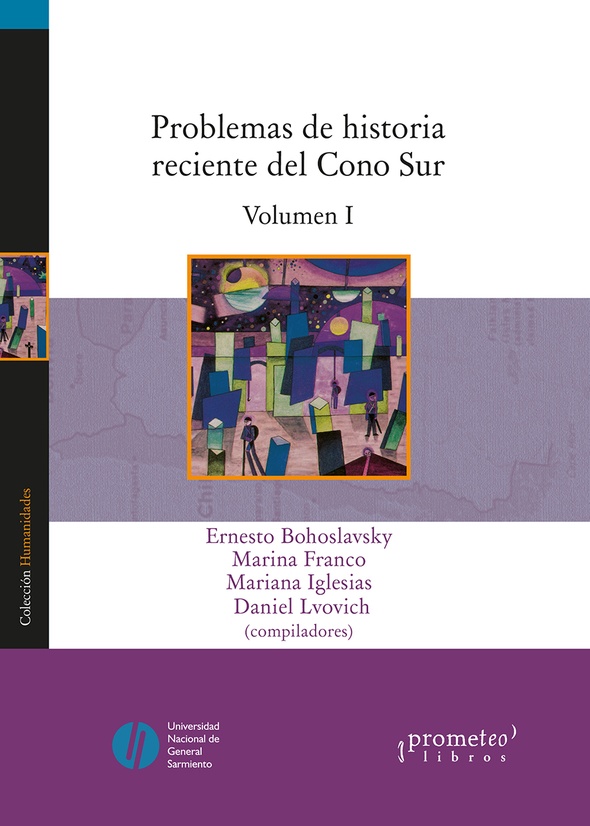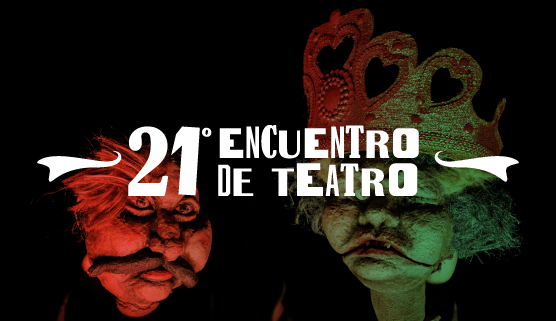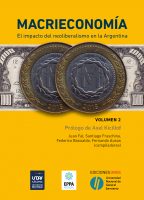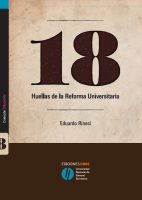Problemas de historia reciente del Cono Sur. Volumen I

Isbn: 9789875744325
Autor:
Álvaro De Giorgi, Carlos Demasi, Daniel Lvovich, Elizabeth Jelin, Ernesto Bohoslavsky, Federico Lorenz, Hugo Vezzetti, Ludmila Da Silva Catela, Mariana Iglesias, Marina Franco, Maud Chirio, Patricia Funes, Pedro Rosas Aravena, Roberto Pittaluga, Sebastián Leiva, Teresa Cáceres Ortega, Vania Markarian
Colección:
Humanidades
Editorial:
Universidad Nacional de General Sarmiento
Páginas: 336
Fecha De Edición: 01/2011
Reseña
Esta aventura editorial que contiene casi treinta artículos divididos en dos tomos reflexiona sobre las características comunes y las diferencias entre los procesos políticos desarrollados en los países del Cono Sur en tiempos recientes. Especialistas de la Argentina, Brasil, Chile y Uruguay intentan estudiar un pasado que no termina de pasar ni de perder espesor político. Por la naturaleza de esos temas es que la historia reciente requiere inevitablemente de la participación de diversas disciplinas sociales. Los autores logran abordar un retrato del accionar y los discursos de múltiples actores durante la vigencia de las dictaduras cívico-militares de la región (trabajadores, movimientos sociales, militantes, músicos, dibujantes, Fuerzas Armadas, grupos armados, académicos, ONGs, etc.) así como de las diferentes escalas en las que estos intervinieron (desde los municipios a las redes internacionales para el exilio o la coordinación represiva). Asimismo, la cuestión de la creación y transmisión de la memoria de esas experiencias aparece como una cuestión sumamente relevante. ----------------- Contenido: VOLUMEN 1 Promesas y problemas de la historia reciente del Cono Sur (a modo de introducción) I. Reflexiones y debates sobre el pasado reciente y su estudio El pasado reciente argentino: interrogaciones en torno a dos problemáticas. Roberto Pittaluga El debate sobre la historia reciente en Uruguay. Carlos Demasi Perspectivas y desarrollos convergentes: derechos humanos, memoria y género en las ciencias sociales latinoamericanas. Elizabeth Jelin La memoria justa: política e historia en la Argentina del presente. Hugo Vezzetti II. Usos del pasado: estudio de casos Pasados en conflicto. De memorias dominantes, subterráneas y denegadas. Ludmila Da Silva Catela Otras marcas. Guerra y memoria en una localidad del sur argentino (1978-1982). Federico Lorenz Pasado reciente y mitologías (re)fundacionales en Uruguay. Un análisis de los discursos presidenciales de Julio María Sanguinetti (1985) y Tabaré Vázquez (2005-2006). Alvaro De Giorgi El "Día del nunca más" en Uruguay (2006-2007): estrategias políticas y luchas interpretativas sobre la violencia política durante las décadas de 1960 y 1970. Mariana Iglesias Silencios, susurros y estallidos en el discurso público: el caso de la. detención de Pinochet en Londres. Teresa Cáceres Ortega Jóvenes, rebeldes y armados. Una mirada a la identidad y la Memoria militante durante la transición chilena, 1990-2004. Pedro Rosas Aravena III. Dictaduras, política y represión Cuando los militares hacen política: la "elección" presidencial de 1969 en Brasil. Maud Chirio Una mirada desde Uruguay a la coordinación represiva regional, 1973-1984. Vania Markarían La represión que no importó. La violencia estatal contra los delincuentes comunes tras el golpe de Estado de 1973 en Chile. Sebastián Leiva Los que queman libros. Censores en Argentina (1956-1983). Patricia Funes







